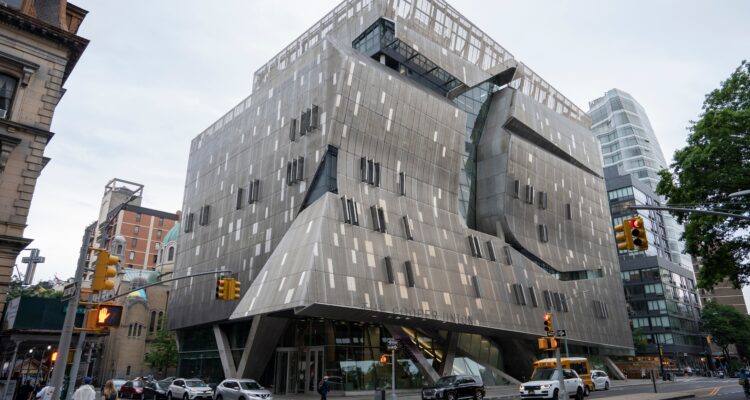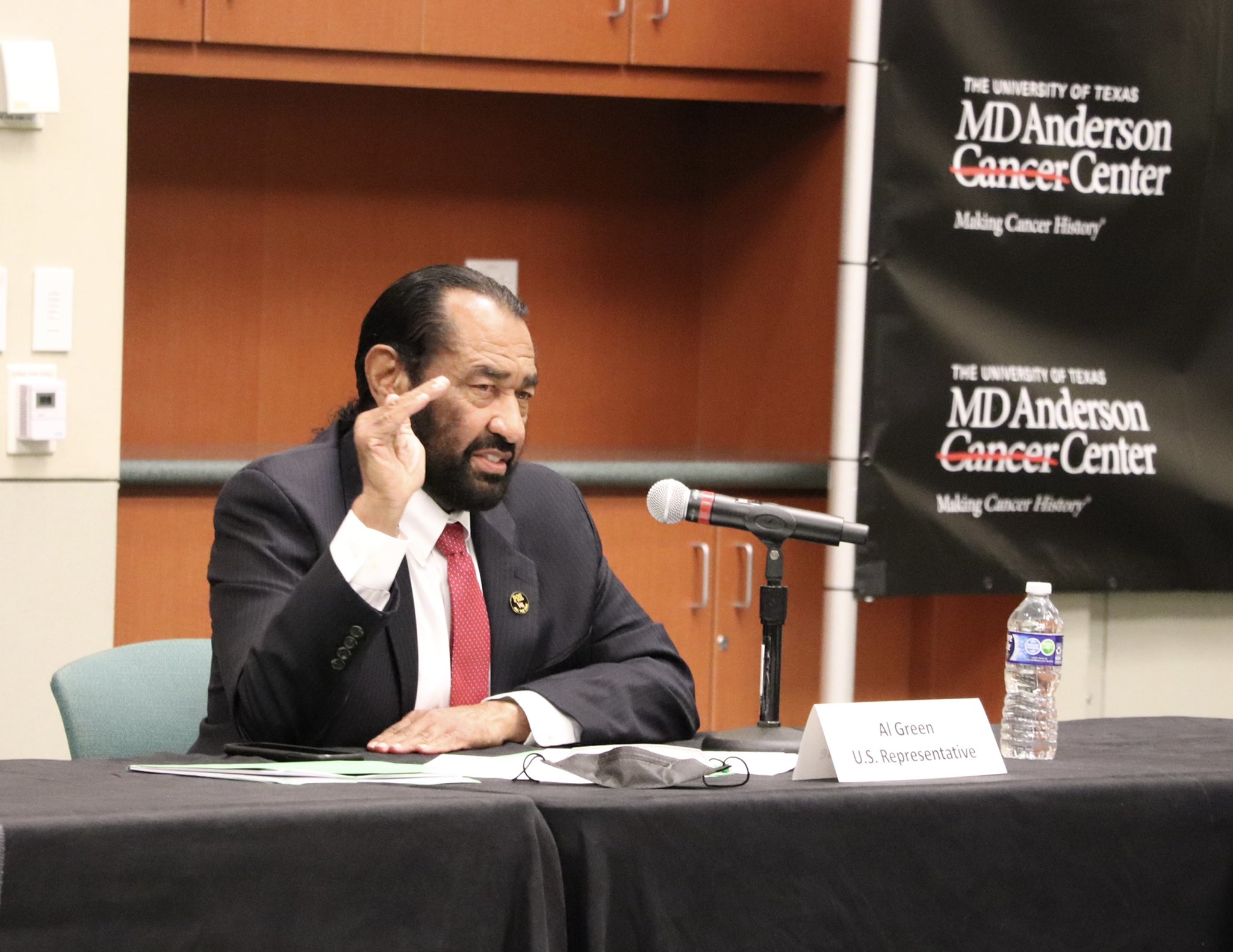ARTICLE AD BOX

Exterior view of the Cooper Union for the Advancement of Science and Art, a private college at Cooper Square in Manhattan's East Village, New York City. (Shutterstock)
(Shutterstock)
Federal judge admonishes Cooper Union while rejecting college’s effort to dismiss antisemitism case
Instead of trying to disperse the protesters, a Cooper Union librarian suggested the Jewish students hide in the ‘windowless upstairs portion of the library’ or escape through the back exit, according to Cronan’s ruling.
By Lexi Boccuzzi, The Washington Free Beacon
A federal judge rejected Cooper Union’s request to dismiss a lawsuit brought by Jewish students that alleged the New York college violated Title VI of the Civil Rights Act by failing to protect them from anti-Semitic attacks.
Judge John Cronan also admonished Cooper Union for arguing that the Jewish students should have hidden when anti-Semitic agitators cornered them in the school library.
“The Court is dismayed by Cooper Union’s suggestion that the Jewish students should have hidden upstairs or left the building, or that locking the library doors was enough to discharge its obligations under Title VI,” Cronan wrote in his 56-page opinion.
“These events took place in 2023—not 1943—and Title VI places responsibility on colleges and universities to protect their Jewish students from harassment, not on those students to hide themselves away in a proverbial attic or attempt to escape from a place they have a right to be.”
In October 2023, anti-Israel protesters chanted, “Free, Free Palestine,” as they trapped a group of identifiably Jewish students inside the Cooper Union library. The agitators banged on the locked doors and the large floor-to-ceiling windows, demanding to be let in.
Video from the @cooperunion library now: pic.twitter.com/skOM1vWsv0
— Jake Novak (@jakejakeny) October 25, 2023
In response, 10 Jewish students filed suit against Cooper Union in April 2024, alleging that the college failed to protect them and allowed a hostile environment to form in the wake of the Oct. 7 terrorist attacks.
“During the roughly twenty-minute ordeal, Cooper Union’s administrators did nothing to disperse the protestors and instead directed law enforcement to stand down, even as the college’s president had just escaped the building through a back exit,” Cronan wrote. “None of the protestors subsequently faced any discipline.”
The president at the time, Laura Sparks, resigned in August 2024.
Instead of trying to disperse the protesters, a librarian suggested the Jewish students hide in the “windowless upstairs portion of the library” or escape through the back exit, according to Cronan’s ruling.
The students’ complaint listed additional anti-Semitic incidents on campus, including graffiti using lettering that resembles the font on the cover of Mein Kampf and the removal of photos of Israeli hostages.
Cooper Union argued that the agitators’ activities were protected under the First Amendment and asked Cronan to throw out the case—a motion the district judge rejected.
“Cooper Union is confident that the facts and evidence that will be established during the next phase of the litigation will strongly refute the allegations being made in this case, and it looks forward to the opportunity to present them before the court,” a spokesman for the college told the Washington Free Beacon.
The Department of Education is also investigating Cooper Union over the incident. In the weeks before President Donald Trump’s inauguration, the Biden administration reached last-minute toothless settlements with several universities over anti-Semitism allegations.
But Trump has taken a far more aggressive posture. His administration’s Department of Education this week opened probes into anti-Semitism at five universities and launched a task force intended to “root out anti-Semitic harassment in schools and on college campuses.”

 2 hours ago
3
2 hours ago
3









 English (US) ·
English (US) ·